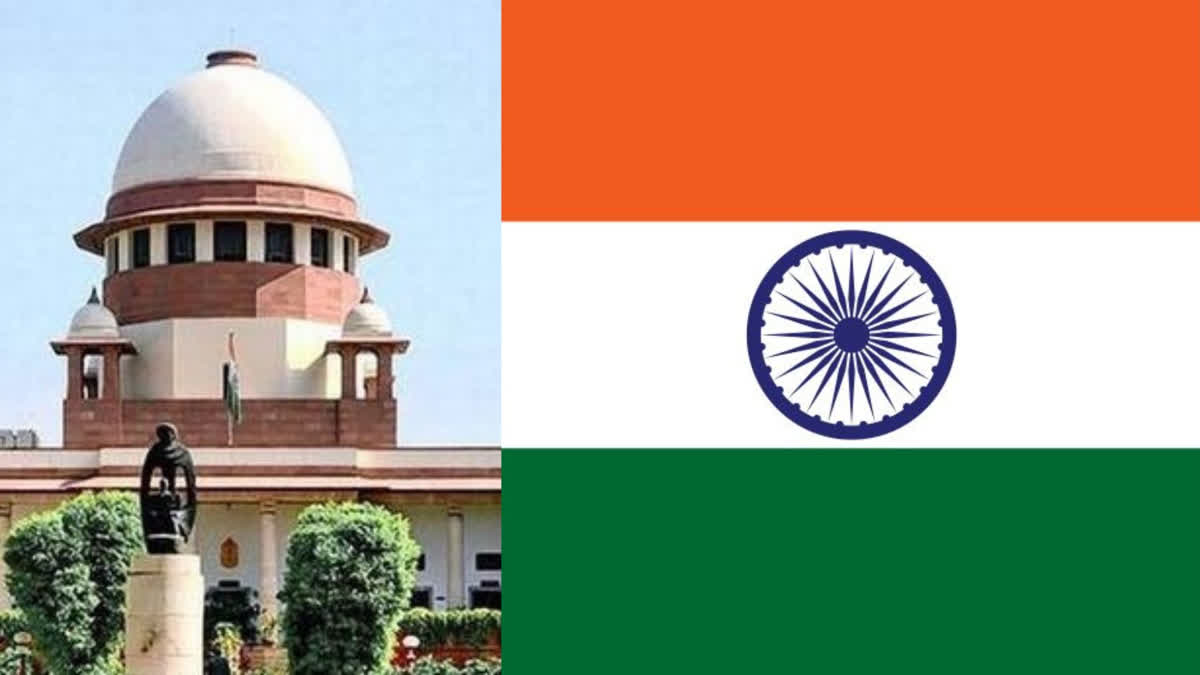New Delhi :The Centre has told the Supreme Court that illegal Rohingya Muslim migrants have no fundamental right to reside and settle in India.
The Centre said its stance concerning illegal Rohingya migrants is based on tangible factors and there exists an intelligible differentia between citizens and foreigners; and foreigners and illegal migrants. “It is to be further noted that the case of illegal migration of Rohingyas is different from that of human trafficking. Rohingyas have fled Myanmar on their own and illegally entered into India knowing well that they were illegally entering into India”, said the MHA’s affidavit.
The Centre, citing many apex court judgments, said a foreigner only enjoys right to life and liberty under Article 21 of the Constitution and does not have the right to reside and settle in the country, which is available to Indian citizens. The Centre said that it has credible information that a large number of Rohingyas are indulging in activities of obtaining fabricated Indian identity documents, human trafficking, and subversive activities in different parts of the country. The MHA stressed that this poses a serious internal and national security threat.
The Centre, referring to the prayers made in the petition filed by Priyali Sur, said the prayers seeking to provide illegal Rohingyas migrants with the right to reside within the territory of India, which is expressly against Article 19, which is limited in its application only to citizens and cannot be extended to apply to foreigners.
The Centre stressed that the judiciary cannot enter the policy domains of Parliament and the executive to create a separate category for grant of refugee status to those who are entering illegally in the country. “It is submitted that issues raised by petitioner have wide ranging ramifications and clearly fall within the legislative policy of Parliament and the contours of judicial review would be suitably altered in such regard. It is submitted that his court has consistently held that legislative choice over one option or the other cannot be questioned in courts over its efficacy or otherwise”, said the affidavit.
